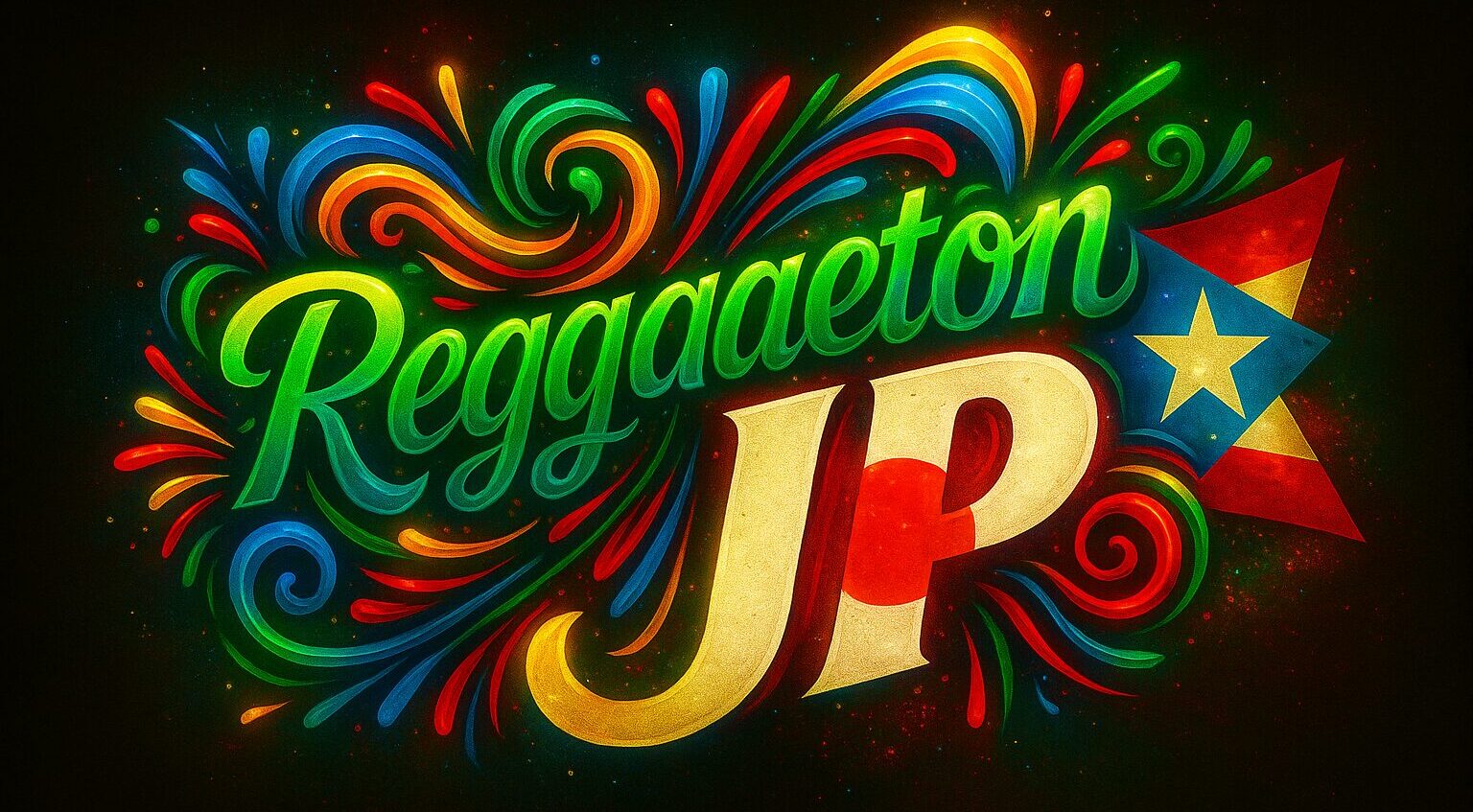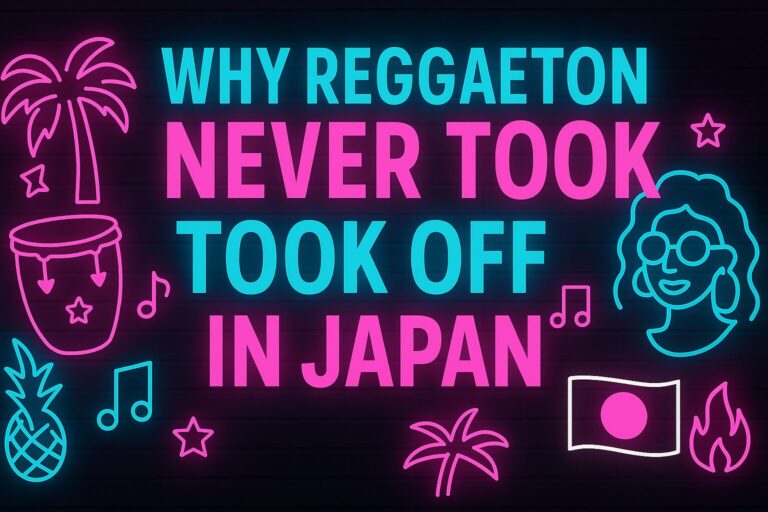Why Reggaeton Never Took Off in Japan — A Cultural Puzzle Explained
Despite reggaeton dominating charts across Latin America, Europe, and even the U.S., there’s one country where it never really caught on: Japan.
While tracks like Despacito shattered global YouTube records, most Japanese people still don’t know what reggaeton is—let alone who Daddy Yankee or Bad Bunny are.
So… why?
Let’s explore the cultural, linguistic, and media-driven reasons why this global phenomenon barely left a dent in Japan’s music scene.
1. Japan Has Its Own “Closed Ecosystem” of Pop Culture
Japan’s domestic music industry is huge and largely self-contained.
J-Pop dominates charts, concerts, and media. The average Japanese listener consumes music through TV shows, anime, or domestic platforms—not global streaming services.
Think of Japan as a musical “Galapagos”—unique, but isolated.
International genres like hip-hop or EDM did manage to make some waves here. But reggaeton? It never entered the ecosystem.
2. Reggaeton’s Sound Doesn’t Match Japanese Listening Habits
The percussive, sensual, club-driven rhythms of reggaeton can feel aggressive or too sexualized for Japan’s mainstream tastes.
Japanese pop music often favors:
- Emotional melodies
- Clean vocals
- Structured arrangements
By contrast, reggaeton’s repetitive beats and dembow rhythm can feel unfamiliar or even “too raw” to listeners not used to Caribbean grooves.
3. Language Barrier × Zero Media Exposure
Japanese people don’t typically speak Spanish—and most don’t consume Latin American media.
There’s no Spanish-language radio, barely any TV coverage, and almost no music press promoting reggaeton.
Even English-language songs rely on music shows, commercial tie-ins, or Western celebrities (like Justin Bieber) to gain visibility.
Reggaeton has none of that in Japan.
4. Reggaeton Culture Is Hard to Translate
Reggaeton is more than a genre—it’s a lifestyle.
It’s tied to street culture, Latin American identity, pride, dance, and often, sexuality.
That culture doesn’t align easily with Japan’s modesty-driven public norms or its polished idol culture.
In short: reggaeton can feel too “raw” or “real” for a market built on refinement and image control.
5. The Club Scene Is Small—and Segregated
In Latin countries, reggaeton lives in the streets, the clubs, the radio, and now TikTok.
But Japan’s club scene is relatively niche—and even within it, genres are highly segmented.
Reggaeton events exist in Tokyo, but they’re often hidden in Latin communities or foreigner-targeted nights.
It never reached the average Japanese youth like K-pop or EDM did.
So… Is There Hope?
Yes—things are slowly shifting.
- TikTok is exposing Japanese teens to global sounds
- Japanese DJs are experimenting with reggaeton remixes
- Global streaming is breaking down borders
More importantly, younger Japanese listeners are less afraid to explore non-English music—and reggaeton has started to show up in unexpected places.
Final Thoughts
Reggaeton didn’t fail in Japan because it wasn’t good enough.
It simply never had the chance to compete in a country with its own powerful cultural machinery.
But now, as the world becomes more connected and global tastes evolve, reggaeton might finally find its moment—even in Japan.
Stay tuned. The beat might just be dropping soon 🇯🇵🔥
From Japan with love:
Want more? Check out our deep dives in English & Japanese at reggaetonjp.com




コメント